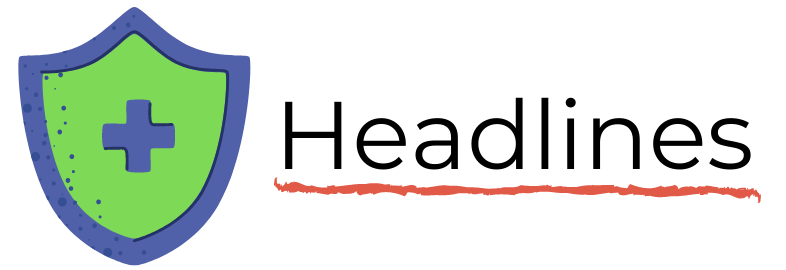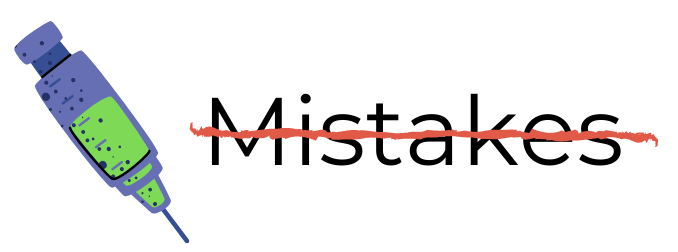Good morning! It has been 408 days since the first documented human case of COVID-19.
Today we have updates on the ongoing uncontrolled pandemic in the US, and on the international spread of the new UK SARS-CoV-2 variant.
As usual, bolded terms are linked to the running newsletter glossary.
Keep the newsletter growing by sharing it! I love talking about science and explaining important concepts in human health, but I rely on all of you to grow the audience for this:
Now, let’s talk COVID.
December was the deadliest month for COVID-19 in the US
There were more than 65,000 probable and confirmed COVID-19 deaths in the US so far during December, making it the highest month so far, by far.
One of the driving causes is probably people being irresponsible at Thanksgiving, but this is also the consequence of ongoing failure to nationally control the pandemic. December is another month with major family-oriented holidays, and we have set ourselves up to fail. I expect to be writing a similarly depressing item close to the end of January, as a result.
UK variant reported in many more countries
This is not a big surprise, but the variant SARS-CoV-2 detected in the UK was reported by more than a dozen other countries over the holiday weekend.
The reason this isn’t a surprise is that generally, surveillance of a virus lags spread of that virus. By the time something new is detected, it has often had the chance to spread a little bit. Since the variant first appeared in an area of the UK that has many international connections, it was probable that the variant had escaped the country already by the time it was first reported.
There are still no reports that it causes more severe disease or that it will compromise vaccine-induced immunity in any way. It may enhance transmission of disease, but existing disease control measures like masking, minimizing nonessential travel outside the home, and maintaining physical distance when around others are still effective measures to prevent spread. In essence, nothing has changed at this point.
I will continue to update on this issue as it develops.
A full list of countries detecting the variant can be found here: https://www.cidrap.umn.edu/news-perspective/2020/12/multiple-countries-report-uk-sars-cov-2-variant-cases
What am I doing to cope with the pandemic? This:
Taking a day off
I’m on break from work until January 4th, which is wonderful. Yesterday, I very intentionally did almost nothing. I find that’s a good way to start a vacation, but it’s also very hard for me to do, so it took me a couple of days to ramp up to being able to do nothing. Finally, I got there. It’s actually a really good idea to intentionally do nothing from time to time. Pressures can force us to need to feel productive all the time, but this isn’t always healthy. It really is good to just recharge, and set aside as many responsibilities as possible, from time to time. Often the things that we think can’t wait, can—and will be accomplished more effectively if we’ve taken time to recharge.
Today I’ll be back to working on various personal projects, but the one day yesterday? Really worth it, even if I did have to spend a lot of mental effort convincing myself it’s actually OK to not be productive.
You might have some questions or comments! Send them in. As several folks have figured out, you can also email me if you have a comment that you don’t want to share with the whole group.
After reading responses about the frequency of the newsletter, I’ve decided that I won’t be making major modifications to the schedule. In January, I may be changing the schedule such that the Wednesday issue is sent to paid subscribers only, to recognize their support for this project. The other 4 issues a week will continue to go to everyone. Whether I make this change or not, I plan to continue to write this newsletter 5 days a week.
Join the conversation, and what you say will impact what I talk about in the next issue.
Also, let me know any other thoughts you might have about the newsletter. I’d like to make sure you’re getting what you want out of this.
Part of science is identifying and correcting errors. If you find a mistake, please tell me about it.
Though I can’t correct the emailed version after it has been sent, I do update the online post of the newsletter every time a mistake is brought to my attention.
No corrections since last issue.
See you all next time. Happy holidays!
Always,
JS







You had discussed that this is a variant not a new strain. I was wondering if you would please discuss the notion that this variant is more transmissible. I’d like to hear your take on that. Thank you for your work to keep us educated.
John, a tiny suggestion ... if you mention supporting the newsletter(Is that what you call this?) maybe have a link somewhere on the page to how to support it?